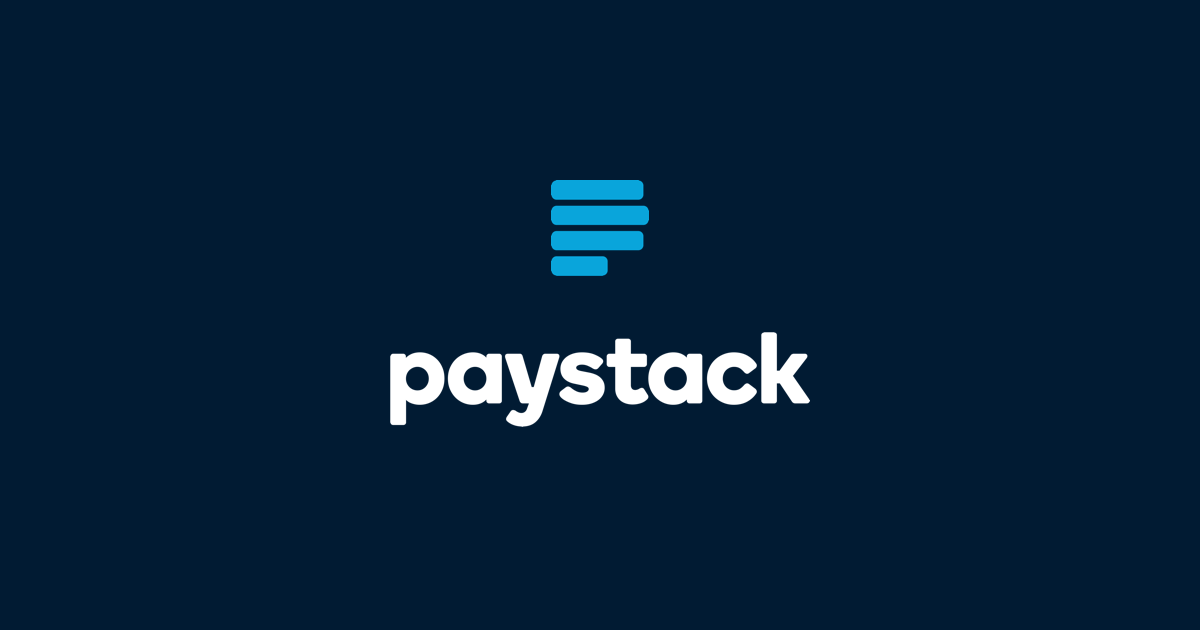Paystack, a Nigerian fintech company, has launched its Virtual Terminal in Côte d’Ivoire, Ghana, Kenya, and South Africa. This new service allows merchants in these countries to generate unique QR codes for their employees, such as cashiers, delivery riders, and sales agents.
When customers scan these QR codes, they can choose from a variety of payment options provided by Paystack, including mobile money, cards, and Apple Pay. The employee receives instant payment confirmation via WhatsApp. Additionally, merchants can disable QR codes at any time, change the WhatsApp number associated with the code, and set up notifications for multiple WhatsApp numbers.
“You can create as many QR codes as needed and assign them to your sales agents from your Paystack Dashboard. This reduces the need for managing multiple physical POS devices and cuts costs significantly,” Paystack stated.
First introduced in Nigeria in 2021, this solution enables businesses like retail stores, restaurants, and pay-on-delivery services to accept in-person payments on a large scale without any hardware costs. It simplifies the payment process by bringing Paystack’s online checkout experience to physical locations and includes real-time payment notifications.
The Virtual Terminal offers all the benefits of the Paystack ecosystem, including international payments, split payments, easy end-of-day accounting, and the ability to track payments from a phone. Customers in each country can use a variety of payment methods optimised for their region:
– Côte d’Ivoire: MTN MoMo, Wave, Orange Money, Visa, Mastercard, Apple Pay
– Ghana: MTN MoMo, Telecel Cash (formerly Vodafone Cash), AirtelTigo Money, Visa, Mastercard, Apple Pay
– Kenya: M-PESA, Visa, Mastercard, American Express, Apple Pay
– South Africa: Scan to Pay, SnapScan, EFT, Visa, Mastercard, American Express, Apple Pay
In April 2022, Paystack, which is owned by Stripe, quietly obtained a switching and processing licence from the Central Bank of Nigeria, allowing it to route financial transactions between financial institutions directly.




